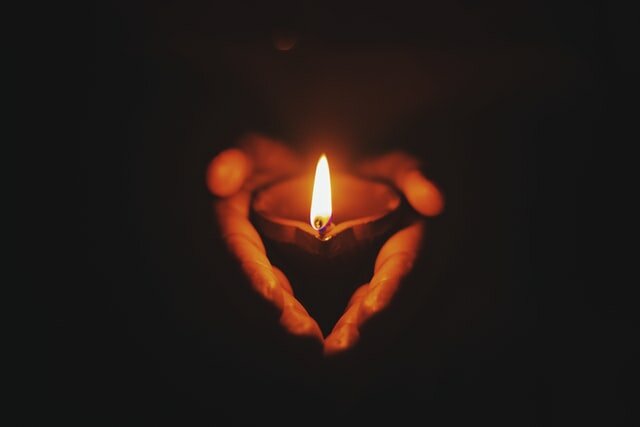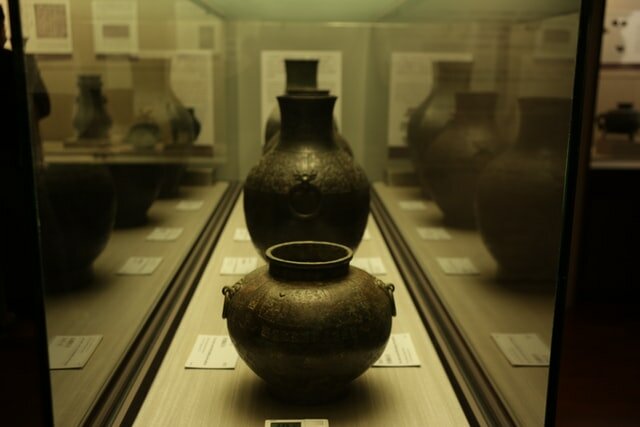We're here for you 24/7/365
Call Now (303) 322-7764 or (855) 670-2263
Water Cremation (Aquamation)
Water cremation, also known as alkaline hydrolysis, is a funeral choice that uses water in place of flame to turn the body of a deceased to ashes. Water cremation is more environmentally sustainable than fire cremation and has less effect on climate change. You can contact cremation services in Denver, CO to inquire about water cremation.
Water cremation uses alkali salt and water solution to cremate the body instead of flame. During water cremation, the deceased's body is sealed in biodegradable material and placed in a water cremator. A heated solution of about 5% sodium and 95% water is passed around and over. At low, the temperature of the cremator is just below boiling point. The water cremation process is at the temperature of 300 degrees Fahrenheit and at atmospheric pressure. The body content fire dissolves after about 4 to 6 hours to give a liquid mixture of amino acids, salt, sugar, soap, and peptides disposed of down the drain of the water cremator. The deceased's bone is then ground to a fine powder and returned to the family members of the disease. This powder is just like the ashes that got in from fire cremation. Water Cremation uses below 200 gallons of water and releases no emissions. It employs about 90%less flames than fire cremation.
The fluid obtained from the water cremation process, which contains amino acid, salt, sugar, soap, and peptides, is given to the family alongside the ashes. Water cremation produces about 33% more ashes than fire cremation makes. You can choose to keep the fluid in a garden or on a site with meaningful memories of the deceased. Water cremation is of great benefit to the family members because they have the fluid remaining and the ashes of their loved ones to do whatever they want to do with them.
 Water cremation greatly benefits the environment because it creates minimal carbon emissions. It is environmentally friendly and has a low effect on the climate. Water cremation is the most advisable in cities with a large population because it requires a small burial space. Chemicals such as embalming fluid and chemotherapeutic agents that can destroy the soil are not used, making it low impact on the environment. It is also less harmful to the earth's layers and you soon.
Water cremation greatly benefits the environment because it creates minimal carbon emissions. It is environmentally friendly and has a low effect on the climate. Water cremation is the most advisable in cities with a large population because it requires a small burial space. Chemicals such as embalming fluid and chemotherapeutic agents that can destroy the soil are not used, making it low impact on the environment. It is also less harmful to the earth's layers and you soon.
When it comes to water cremation, the use of a coffin is not needed. Coffins are made from wood which takes a long time to decompose. Caskets can be very expensive, placing a lot of financial pressure on the deceased family member. With water cremation, the body is placed directly into the water cremator, saving the ecosystem and relieving the stress on the family members at the same time. The fact that a water cremation is an eco-friendly option makes it a better cremation option than fire cremation. If funeral pre-planning has not been arranged, many decisions need to be made.
The choice of what we do to the deceased body of our loved one is a very personal thing. Many people want to opt for a cremation service but do not like the idea of fire cremation. Water cremation is the most suitable option to cater to all your cremation needs. You can contact cremation services in Denver, CO to inquire about water cremation.






Comments